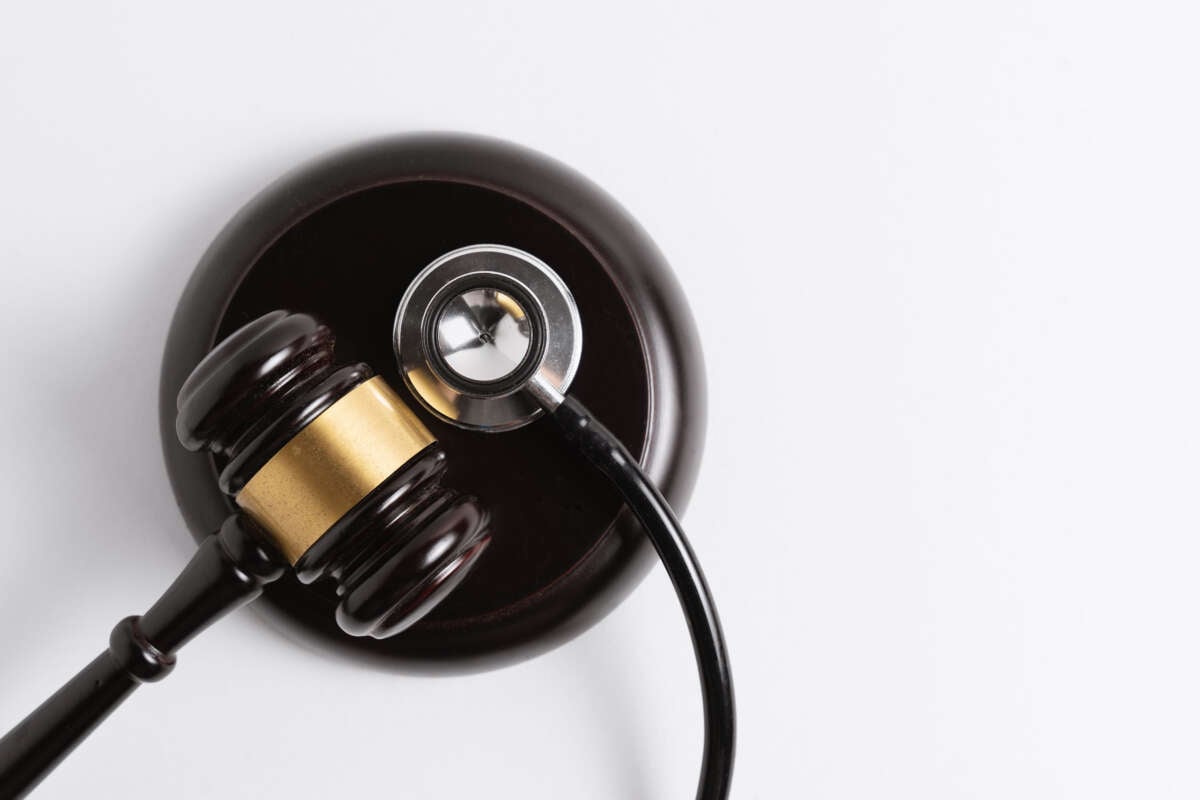The Florida Board of Medicine recently fined an obstetrician and gynecologist $10,000 and issued a reprimand for violating a 2022 anti-abortion law requiring a 24-hour waiting period before performing abortions.
Florida’s 24-hour waiting period law, enacted in 2015, requires pregnant people to receive information about abortions from their doctor and then wait at least 24 hours before proceeding with the procedure. While Florida has contended that the law expanded upon existing informed-consent requirements, critics assert that mandatory waiting periods are medically unnecessary and interfere with pregnant people’s access to abortion.
“They are required for almost no other medical procedure, and they do not make abortion care safe,” reproductive health and rights organization the Guttmacher Institute has stated. “Instead, they aim to deter people from getting an abortion or to compel them to reconsider a decision that the vast majority are already certain of by the time they contact a clinic.”
Legal challenges delayed the law’s implementation until April 2022, sowing confusion and making it difficult for practitioners to navigate the state’s abortion care regulations.
Following the 2022 enactment of the law, the state’s Agency for Health Care Administration (AHCA) initiated a series of cases against clinics after reviewing records for compliance with the law. This included a case against the Center of Orlando for Women, where Dr. Candace Sue Cooley practiced. Cooley had performed 193 abortions at the Center of Orlando for Women during a two-week period in 2022, shortly after the waiting period law went into effect. In 2023, health regulators ordered the Center of Orlando for Women to pay a $193,000 fine for violating the 24-hour mandatory waiting period law, nearly three times the amount recommended by an administrative law judge.
The state’s medical regulatory board attempted to revoke Cooley’s medical license over the violation of the law, but Administrative Law Judge James H. Peterson III recommended a less severe penalty. In a recommended order, Peterson acknowledged that Cooley and the clinic had made reasonable efforts to confirm the law’s effective date but received no clear guidance from the AHCA.
“[T]he violation was unintentional and occurred despite reasonable efforts by the clinic and respondent (Cooley) to determine the effective date of the waiting period,” Peterson wrote. “Unlike the Department (of Health) and AHCA, neither respondent nor the clinic were parties to the litigation which occurred in Leon County, some 250 miles from the clinic. There was nothing readily accessible online about the final judgment having been issued on April 25, 2022.”
The judge also stated that no evidence showed patients suffered harm due to the lack of a 24-hour waiting period. “[T]he evidence indicates that no patients suffered physical harm as a result of respondent’s violation,” Peterson wrote. “[T]here was no evidence showing that any patients were harmed by not having a 24-hour delay in receiving their abortion.”
Florida’s 24-hour mandatory waiting period continues to create significant barriers to abortion access, particularly after the implementation of a six-week abortion ban and a telemedicine ban for abortion care.
Angry, shocked, overwhelmed? Take action: Support independent media.
We’ve borne witness to a chaotic first few months in Trump’s presidency.
Over the last months, each executive order has delivered shock and bewilderment — a core part of a strategy to make the right-wing turn feel inevitable and overwhelming. But, as organizer Sandra Avalos implored us to remember in Truthout last November, “Together, we are more powerful than Trump.”
Indeed, the Trump administration is pushing through executive orders, but — as we’ve reported at Truthout — many are in legal limbo and face court challenges from unions and civil rights groups. Efforts to quash anti-racist teaching and DEI programs are stalled by education faculty, staff, and students refusing to comply. And communities across the country are coming together to raise the alarm on ICE raids, inform neighbors of their civil rights, and protect each other in moving shows of solidarity.
It will be a long fight ahead. And as nonprofit movement media, Truthout plans to be there documenting and uplifting resistance.
As we undertake this life-sustaining work, we appeal for your support. We have 7 days left in our fundraiser: Please, if you find value in what we do, join our community of sustainers by making a monthly or one-time gift.
